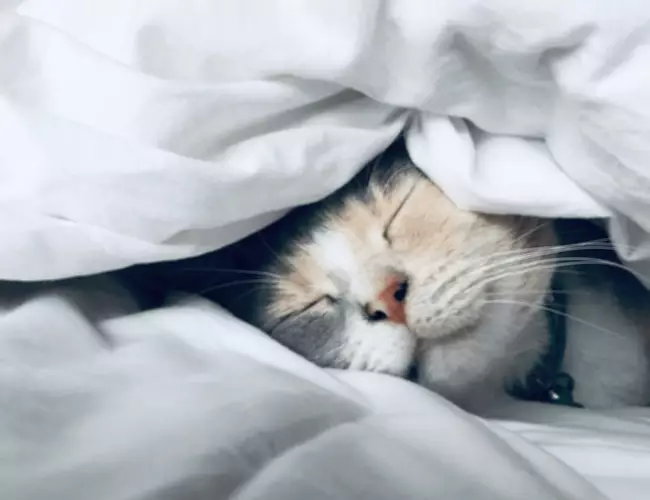Does alcohol help you sleep?

According to the US National Sleep Foundation, one in five American adults occasionally drinks before bed to help them fall asleep. In this article, you will learn the truth about alcohol and sleep.
Why do you want to sleep after alcohol?
First of all, alcohol affects the brain and disrupts the normal production of chemicals, on which many processes in the body depend. So, it is known that a glass or two increases the production of adenosine. This substance tells the brain that the cells in the body are tired, they lack energy, and it is time to rest. The more adenosine, the more sleepy you get. Yet, falling asleep in this case does not mean getting enough sleep.


Take back control of your life and start on the road to recovery now.
Alcohol and sleep
If the level of adenosine increases, then melatonin (a hormone that is responsible for the quality of sleep, regulates the change in its phases and the circadian rhythms of the body as a whole), on the contrary, significantly decreases. For the body, this means the following: the biological clock, which is directly dependent on melatonin, begins to malfunction. The structure of sleep is disrupted.
Sleep normally consists of two phases
- The phase of slow sleep. It occurs immediately after falling asleep and lasts approximately 90 minutes. Slow sleep is similar to anesthesia: the body is as relaxed as possible, the brain is inactive. No dreams, no movements, complete relaxation necessary for physical recovery.
- REM (rapid eye movement)sleep phase. It follows a slow phase and lasts 5–20 minutes. During this period, the brain is actively working. We have dreams. If slow sleep is necessary for the physical recovery of the body, then REM sleep helps the nervous system: relieves mental stress and fatigue, refreshes memory, improves concentration.
They follow each other, two phases – one sleep cycle. On average, we go through five cycles per night. This is enough to feel energetic and rested in the morning.

However, when combining alcohol and sleep, this cycle is different from normal. After drinking, due to a malfunction in the production of melatonin, we fall into a deep slow, dreamless sleep. It lasts longer than usual. In other words, alcohol and REM sleep do not get along very well, so REM sleep decreases or disappears altogether.
As a result of the consumption of alcohol and REM sleep decrease, we feel beaten up when we wake up. Reactions are inhibited, it is difficult to concentrate on something, memory fails, emotional state is wrecked. The reasons are clear: the nervous system simply did not have time to recover.
These are not all sleep disorders that alcohol leads to. Here are a few more:
- Morning insomnia.You wake up at or before dawn and can no longer fall asleep, although you have obviously not gotten enough sleep. This is due to the same drop in melatonin levels.
- Sleep apnea. This is when breathing stops during sleep. It usually happens during the slow phase of sleep, when the muscles relax. With alcohol, sleep during this phase is especially deep.
- Frequent awakenings in the second half of the night. By this time, the body begins to actively eliminate processed alcohol through the kidneys and bladder.

This can be a difficult journey, but you don’t have to go it alone. Let us be your guide and provide you the environment needed to regain control of your life and begin the path to recovery.
Conclusion
If in the past you thought alcohol helped you fall asleep more easily, new research shows that alcohol actually causes sleep disturbances. Alcohol has both short-term and long-term effects on the amount and quality of sleep. Alcohol consumed in the evening accelerates the onset of sleep but prevents sleep from going into the REM phase of sleep. If in the first half of the night alcohol promotes falling asleep and deep sleep, then in the second half it shortens sleep and worsens its quality.




